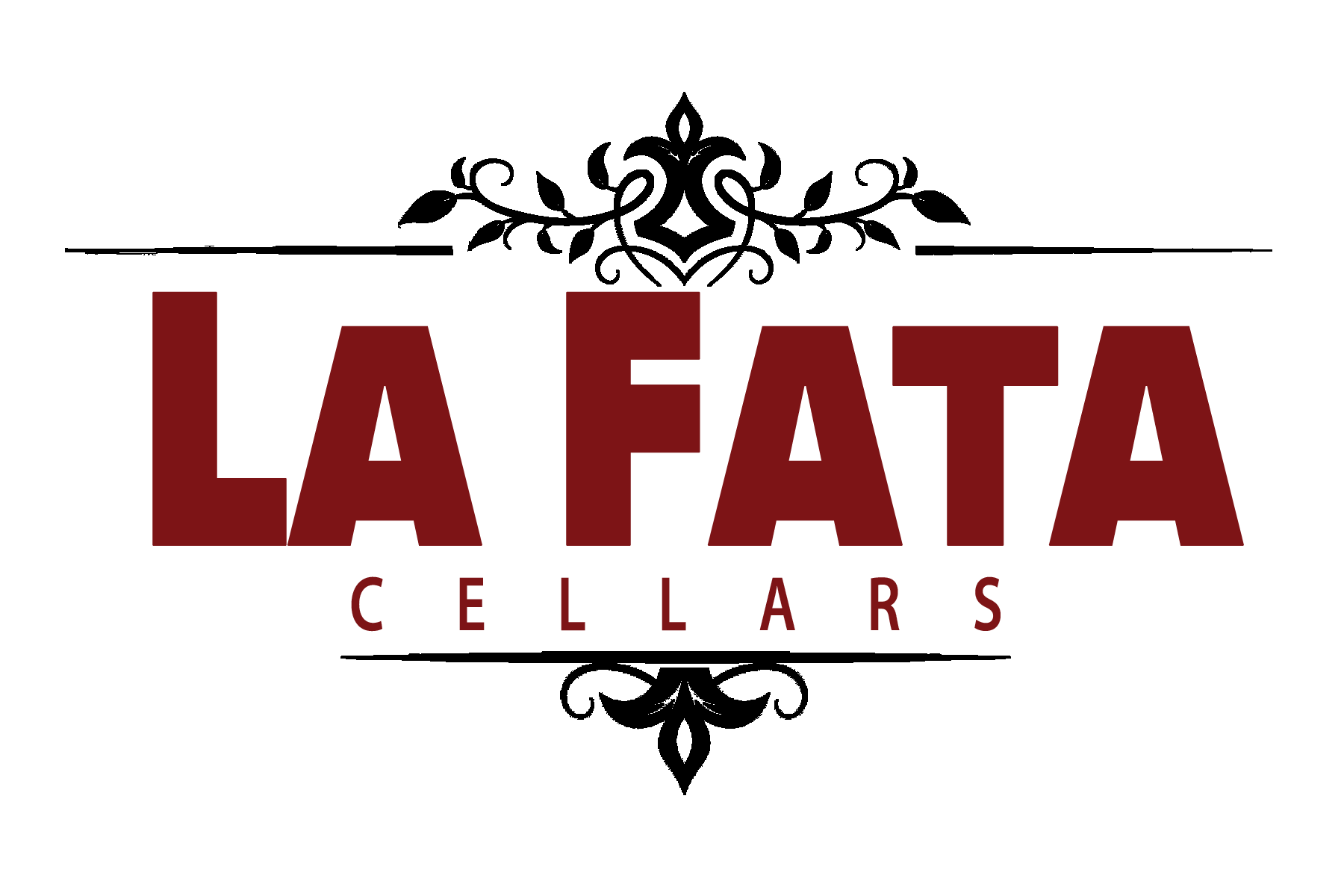When it comes to pairing wine with food, the sauce often takes center stage. Sure, the protein or pasta underneath is important, but the sauce is where the flavor magic happens. Whether you’re twirling spaghetti with a tomato-based marinara, enjoying a creamy Alfredo, or tackling a plate of smoky BBQ ribs, the right wine can elevate your meal in ways you never imagined.
In this guide, we’ll explore a variety of popular sauces—tomato-based, BBQ, pesto, mushroom, and more—and pair them with wines that complement their unique flavors. So grab a glass (or bottle), and let’s dive into the delicious world of wine and sauce pairings.
General Tips for Pairing Wine with Sauces
Before we jump into specific pairings, here are a few general tips to keep in mind.
Match intensity with intensity: A bold, rich sauce calls for a bold wine, while a light, delicate sauce pairs best with a lighter wine. Think of it like a dance partner—you want balance, not a dominance showdown.
Acidity is your friend: High-acid sauces (like tomato-based or citrusy ones) pair well with high-acid wines like Sauvignon Blanc or Chianti. They keep each other in check.
Consider the sweetness: Sweet sauces (like teriyaki or BBQ) love wines that can match their sweetness or provide a complementary contrast. Off-dry whites and fruity reds are a great choice.
Tannins vs. creaminess: Creamy sauces and heavy tannic reds can clash. Instead, opt for smoother, softer wines that won’t overwhelm the dish.
When in doubt, go regional: Pairing wine and food from the same region is often a safe and delicious bet. Italian wine with Italian sauces? Sold.
Tomato-Based Sauces: Tangy, Herbaceous, and Classic
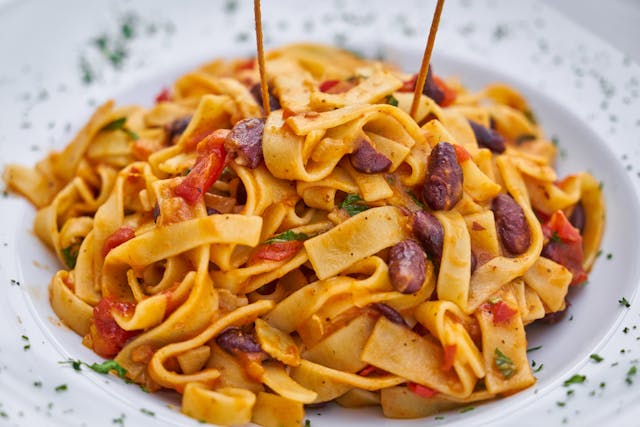
Tomato-based sauces—like marinara, arrabbiata, or puttanesca—are a staple in many cuisines. They’re tangy, acidic, and often packed with herbs, garlic, and spices. The key to pairing wine with these sauces is to match their acidity while balancing the robust flavors.
Wine Pairings
Chianti: This Italian classic has the acidity to match the tomatoes and enough earthiness to complement the herbs.
Sangiovese: A medium-bodied red wine with bright cherry notes that play well with tomato acidity.
Zinfandel: For meatier tomato sauces like Bolognese, Zinfandel’s fruit-forward profile and spice are a winning choice.
Pinot Grigio: If you prefer white wine, Pinot Grigio’s crispness can cut through the tanginess without clashing.
Pro Tip
Avoid overly tannic reds like Cabernet Sauvignon, which might make the tomato sauce taste metallic.
BBQ Sauce: Smoky, Sweet, and Sticky
BBQ sauce is bold, smoky, and often sweet. It loves wines with a touch of fruitiness and low tannins to balance its strong flavors. Whether it’s slathered on ribs, chicken, or pulled pork, the right wine can take your BBQ game to new heights.
Wine Pairings
Zinfandel: Its jammy fruit flavors and subtle spice are a perfect match for smoky BBQ sauce.
Malbec: With its dark fruit and velvety texture, Malbec complements both sweet and smoky elements.
Rosé: A dry rosé can handle the tangy sweetness of BBQ sauce while keeping things refreshing.
Off-Dry Riesling: For spicier BBQ sauces, Riesling’s slight sweetness and acidity act as a cooling counterbalance.
Pro Tip
Don’t shy away from sparkling wines. A chilled Prosecco or Lambrusco can cut through the richness of BBQ like a champ.
Pesto Sauce: Herbaceous and Nutty
Pesto is all about fresh basil, garlic, pine nuts, and Parmesan. Its herbal, nutty flavor pairs best with crisp, zippy wines that enhance its freshness without overpowering it.
Wine Pairings
Sauvignon Blanc: Its grassy, citrusy notes mirror the herbaceousness of pesto.
Vermentino: This Italian white has a bright, zesty character that complements pesto beautifully.
Pinot Grigio: Light and crisp, Pinot Grigio keeps things simple and refreshing.
Chardonnay (unoaked): Creamy yet balanced, unoaked Chardonnay works wonders with pesto-based pasta dishes.
Pro Tip
Avoid heavy reds, which can clash with pesto’s delicate flavors.
Mushroom Sauce: Earthy and Umami-Rich
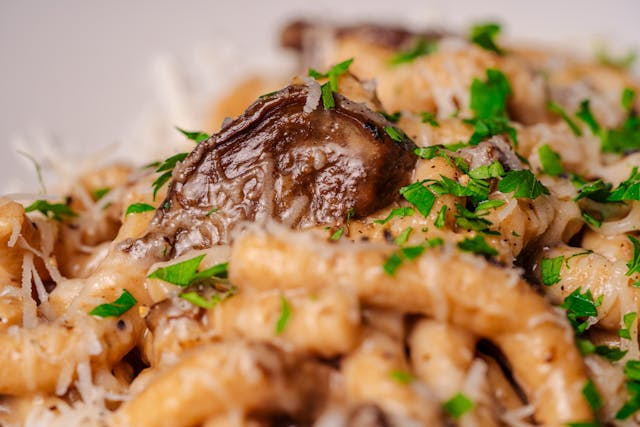
Mushroom sauce, whether creamy or not, is earthy and savory. It pairs beautifully with wines that highlight those umami flavors while adding depth and a touch of contrast.
Wine Pairings
Pinot Noir: Its earthy, mushroom-like aroma makes it a natural pairing for mushroom sauce.
Merlot: Smooth and medium-bodied, Merlot complements the richness of mushroom sauces without overpowering them.
Chardonnay: A lightly oaked Chardonnay can enhance the creamy texture of a mushroom sauce.
Barbera: This Italian red has high acidity and low tannins, making it a versatile choice for earthy dishes.
Pro Tip
Look for wines with earthy or forest floor notes to truly bring out the best in mushroom sauce.
Creamy Sauces: Rich and Indulgent
Creamy sauces, like Alfredo or carbonara, are all about decadence. Pair them with wines that balance their richness, either by cutting through the creaminess or complementing it with a silky texture.
Wine Pairings
Chardonnay: A creamy, buttery Chardonnay is a classic match for Alfredo sauce.
Viognier: With its lush texture and floral notes, Viognier pairs well with creamy sauces.
Sparkling Wine: The bubbles in sparkling wine cleanse the palate, making it a delightful pairing for rich, creamy dishes.
Pinot Grigio: For a lighter option, Pinot Grigio’s crisp acidity balances the creaminess.
Pro Tip
Avoid overly tannic reds, as they can clash with creamy sauces.
Cheese Sauce: Gooey and Comforting
Cheese sauces, like fondue, mac and cheese, or nacho cheese, are pure comfort food. The wine you choose depends on the cheese itself, but generally, you’ll want wines that can match the richness or add a refreshing contrast.
Wine Pairings
Chenin Blanc: Its acidity and honeyed notes complement cheesy dishes beautifully.
Beaujolais: A light, fruity red wine that pairs particularly well with softer cheese sauces.
Sauvignon Blanc: Crisp and refreshing, it cuts through the richness of cheese sauces.
Prosecco: Bubbly and slightly sweet, Prosecco is a fun and refreshing choice.
Pro Tip
When in doubt, go for a wine that you’d drink with a cheese board!
Teriyaki Sauce: Sweet and Savory
Teriyaki sauce is a sweet, soy-based glaze with hints of ginger and garlic. It pairs best with wines that can balance its sweetness and umami.
Wine Pairings
Pinot Noir: Light and fruity, Pinot Noir complements the sweetness of teriyaki without overpowering it.
Riesling: An off-dry Riesling has just enough sweetness to match teriyaki’s flavors.
Grenache: With its red fruit and subtle spice, Grenache balances the savory and sweet elements.
Pro Tip
Avoid overly tannic wines, which can clash with the sweetness of teriyaki sauce.
Spicy Sauces: Bring the Heat
Spicy sauces, like those in Thai, Indian, or Mexican cuisines, need wines that complement the heat without adding to it. Look for wines with a touch of sweetness or low alcohol.
Wine Pairings
Riesling: Its sweetness and acidity help tame the heat of spicy dishes.
Gewürztraminer: Floral and slightly sweet, it’s a perfect match for spicy, tangy sauces.
Rosé: A dry rosé works well with milder spicy dishes.
Sparkling Wine: The effervescence of sparkling wine cools the palate.
Pro Tip
Avoid high-alcohol wines, which can intensify the heat.
Seafood Sauces: Light and Briny
Seafood sauces, like lemon butter, garlic cream, or tomato-based seafood stews, work best with wines that enhance their delicate, briny flavors.
Wine Pairings
Chablis: This crisp, mineral-driven Chardonnay is perfect for buttery seafood sauces.
Albariño: A Spanish white with bright acidity and a hint of salinity.
Sauvignon Blanc: Its citrus and herbaceous notes are ideal for seafood-based dishes.
Prosecco: Light and bubbly, it’s a fun pairing for seafood pasta dishes.
Pro Tip
Stick to white wines or rosés for most seafood sauces—red wines can overpower the delicate flavors.
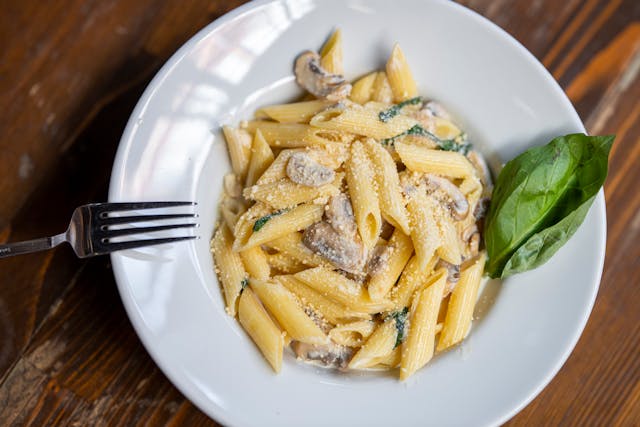
FAQs About Wine and Sauce Pairing
Q: Can I mix and match wines with sauces?
Absolutely! Experimentation is half the fun. Everyone’s palate is different, so trust your taste buds.
Q: What if I only have one type of wine?
Go for a versatile option like Pinot Noir or Sauvignon Blanc—they’re crowd-pleasers that pair well with many dishes.
Q: Does expensive wine make a difference?
Not necessarily! A good pairing is about balance, not price tags.
Pairing wine with sauces doesn’t have to be complicated. With a little knowledge and a willingness to try new combinations, you can create meals that feel like a celebration. Whether you’re making a simple tomato pasta or indulging in a creamy mushroom sauce, there’s a wine out there that’s just waiting to join the party. So next time you’re cooking, don’t forget to pour yourself a glass and let the sauce (and wine) do the talking. Cheers!
